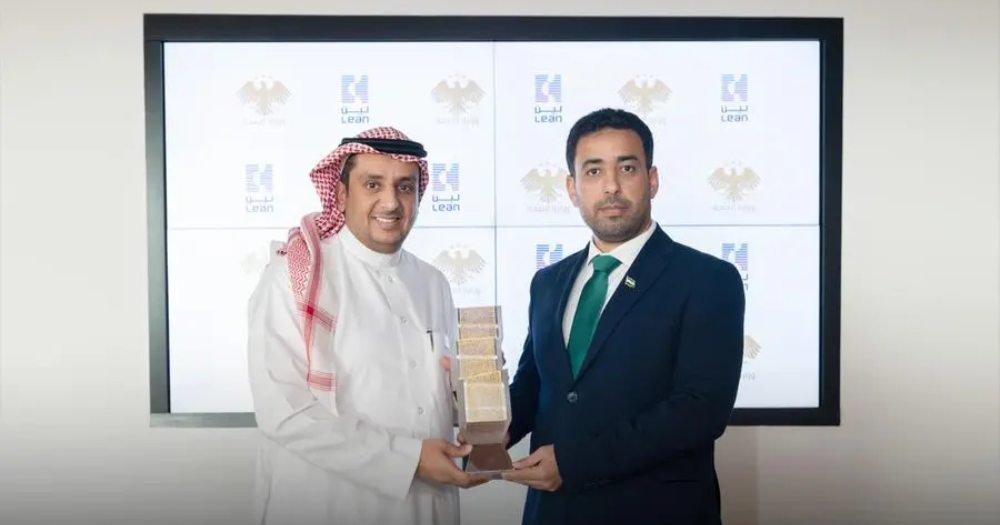Saudi Arabia’s Lean signs MoU with Syrian Ministry of Health to enable digital transformation

Lean Business Services has just thrown down the gauntlet for healthcare's future — and Syria is stepping up to play. The Saudi digital solutions powerhouse, backed by the Kingdom's Public Investment Fund, welcomed Syrian Health Minister Dr. Musab AlAli to its Riyadh headquarters this week. The handshake moment? A freshly inked Memorandum of Understanding, co-signed under the watchful eye of Saudi Health Minister Fahad bin Abdulrahman AlJalajel.
This isn't some polite diplomatic gesture. It's a high-stakes move to wire up Syria's healthcare system with next-gen digital tools — and a bet that Lean's hard-won expertise can fast-track a system reboot.
How does it work?
Think of this MoU as Syria's fast pass into the digital age. The plan is ambitious but pragmatic:
- Health records, unified: Build electronic health systems and a single medical record for every citizen.
- Brains + tools: Train Syrian tech and health pros to manage digital health projects without constant outside help.
- System glue: Make fragmented health IT systems talk to each other — data flowing like water, not trapped in silos.
- Analytics that bite: Deploy dashboards and data models that let policymakers steer with facts, not gut feelings.
- Guardrails: Write the national playbook for health data standards and policies from scratch.
Lean CEO Mohanned Al Rasheed didn't mince words: "This memorandum is not just an agreement, but a strategic partnership... a qualitative leap in health services."
Why does it matter?
Healthcare is only as good as its data — and right now, Syria's data is scattered, siloed, and in many cases, still on paper. Digital health means faster diagnoses, smarter resource allocation, and fewer lives lost to bureaucracy.
It's also about resilience. The Middle East knows what it's like when systems are stressed — pandemics, conflicts, and supply chain chaos. As Al Rasheed put it: "Digital transformation is the cornerstone of building resilient and sustainable health systems."
For Syrian citizens, that could mean a future where visiting a clinic doesn't mean waiting hours while someone digs through dusty files.
The context
This partnership is also a diplomatic flex. Saudi Arabia has been quietly building one of the most sophisticated digital health infrastructures in the region — and now it's exporting that expertise.
For Syria, the stakes are even higher. After years of war, its health system isn't just under pressure — it's fragmented. This deal isn't just about modernization; it's about leapfrogging past a decade of lost time and plugging straight into a digital future.
In the broader context, this is what "regional cooperation" looks like in 2025: not just aid, but also sharing algorithms, APIs, and data standards.
💡Did you know?
You can take your DHArab experience to the next level with our Premium Membership.👉 Click here to learn more
🛠️Featured tool
 Easy-Peasy
Easy-Peasy
An all-in-one AI tool offering the ability to build no-code AI Bots, create articles & social media posts, convert text into natural speech in 40+ languages, create and edit images, generate videos, and more.
👉 Click here to learn more


